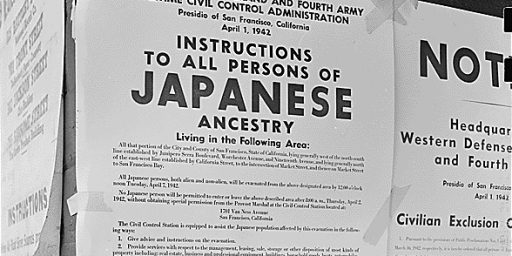Politics of the Internet
The Examiner has an interview with Glenn Reynolds that, oddly, does not actually mention his name.
Reynolds makes an interesting observation in response to the “Netroots” phenomenon.
The left felt that the Democratic Party was weak on organization and grassroots activism, and in the pockets of the small number of big donors from whom it gets most of its money. So they put together a grassroots activism and fundraising machine. On the right, the concern was with media bias, partisanship and dishonesty, so you saw a network of alternative news and opinion sources, which played a pretty important role in the 2004 election.
I think that’s right. Chris Bowers and others have long touted the communitarian nature of the Left Blogosphere in contrast with the top-down model of the Right Blogosphere. The different goals and concerns of each are likely the most powerful explanation for that contrast, although different personality types are more likely to be “conservative” vice “liberal.”






Yes, I think it is personality type as the underlying phenomenon, with particular issues being merely a manifestation of that.
Conservatives are by nature more hierarchically minded – responding to authority figures, and aspiring to become such figures. The republican (small and large R) model. Liberals are more inherintly respectful of the diverse perspectives of others (the democratic – small and large D) perspective.
So it is not surprising that liberal blogs are more communitarian, whereas conservative blogs are preachy, assertive and propagandistic.
I suppose Tanno’s view is one way to look at it, but I don’t find it persuasive. Reynolds gets id high visitation rate because he is a clearing house that is responsible. People know that they get everything published on the blog, but they will get a fairly wide range with an emphasis on thoughtful logic than ranting. I read powerline for more “heavy” political thinking, but I recognize their partisanship will at times blind them or let them fall into a hole. I read Althouse as an example of a moderate in a red state who could so easily be pulled away from the republican big tent (who is in fact in the tent not from conviction but reluctantly as a shelter from worse issues outside the tent). I read wizbang for the look at the mind of the old fashioned NE rock ribbed republican. I read Captain’s quarters as a good example of what used to be called main street republicanism from the Midwest. In short, the blogosphere on the right is very diverse, like the big tent of the GOP. Some are in the tent only because of the metaphorical storm of the GWOT. Other really believe in cores conservative values (and those tend to be the most upset when Bush or congress don’t closely follow those values).
I see the right of the blogosphere as being a diverse set of individuals who can have a reasoned argument. The more extreme voices are marginalized in traffic. On the left, some of the most extreme voices are also the most visited site. Their community blog nature doesn’t act as a brake to urge restraint and thoughtfulness, but rather as a goad to further incite rhetoric already heated.
Will Rodgers said nearly 75 years ago that he belonged to no organized political party, that he was a democrat. Intended to be humor, but their was and is a seed of truth. Where the GOP has tended to be a community of individuals with a belief that government is likely to be the problem more than the solution, the democrats have since the new deal been a party that sees government as the one size fits all solution to problems. Much of the current angst in the GOP is the fear/belief that to many GOP lawmakers are seeing the hammer we put in their hands as the appropriate tool for to many jobs. Because the GOP has been expanding our tent, many formerly overwhelmingly democratic groups (e.g. union members) are now split. That expansion always creaks a bit, but the small donor giving for the republicans and ability to organize GOP groups as advocacy (and not government largess distributors) is why the GOP didn’t need to build up the donors and group nature. Likewise a failure to distinguish between the value of news that agrees with your view point and objective news that encourages debate and exposes flawed logic is why the right side has primarily been a news and opinion phenomenon. Those on the right feel comfortable with the idea that given accurate information, we can figure out where we want to direct our support and money in the political realm.
Tano,
Mostly, I think it’s attributable to the blogosphere coming of age in an era where Republicans control the White House and Congress but the dominant (non-Fox) media is opposed to them. Right bloggers are defending their guys (mostly) and railing against the press whereas Left bloggers are trying to organize against the incumbents.
I think there are enough examples of liberal intolerance to rebut your characterizations of the two groups. Still, I think it’s fair to say that conservatives are more interested in orderliness and maintaining a civil discourse (thus, having “comment policies” or not having comment sections at all because of the trouble of policing them) whereas liberals are less concerned about that sort of thing.
Well, that settles it, then — I’m not a part of the “Right Blogosphere” and apparently never can be.
Or maybe this conventional wisdom about the nature of the “Right Blogosphere” isn’t entirely accurate?
Wow. Did I kill this thread?